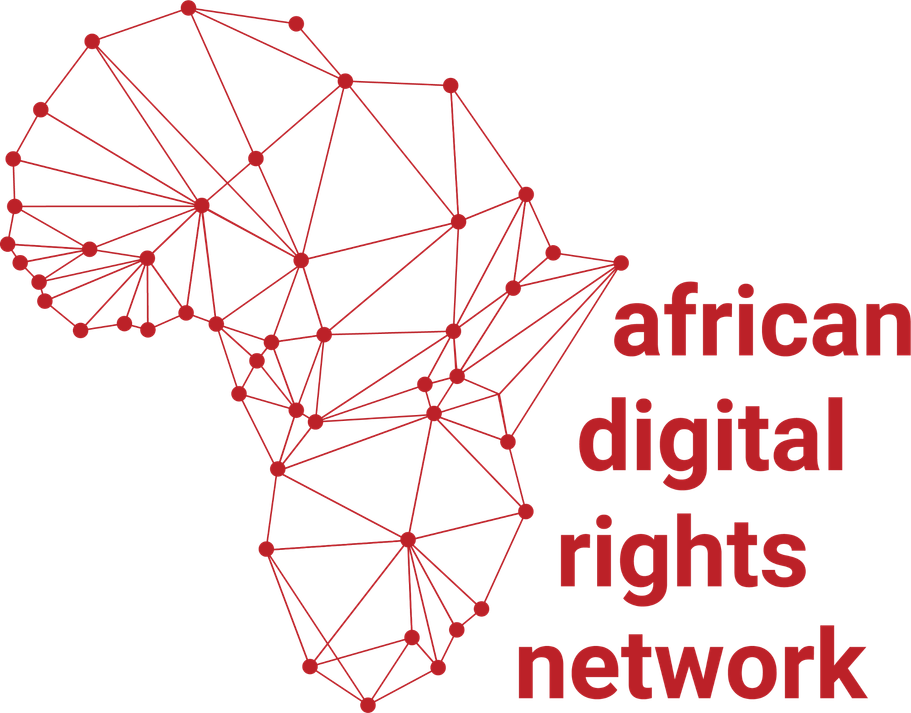The African Digital Rights Network (ADRN) is a network of activists, academics and analysts who carry out research on digital rights in Africa. We carry out novel studies, produce unique reports, and are publishing a groundbreaking series of collected edition books.
The network brings together more than 50 researchers from over 20 African countries who share a commitment to enabling citizens to freely exercise, defend, and expand their digital rights.
By digital rights we mean existing human rights but in digital spaces, for example the right to freedom of opinion and expression online, the right to privacy of communication or correspondence when using email or social media, and the right to equitable participation in the social, economic, and political life of the community (digital citizenship).
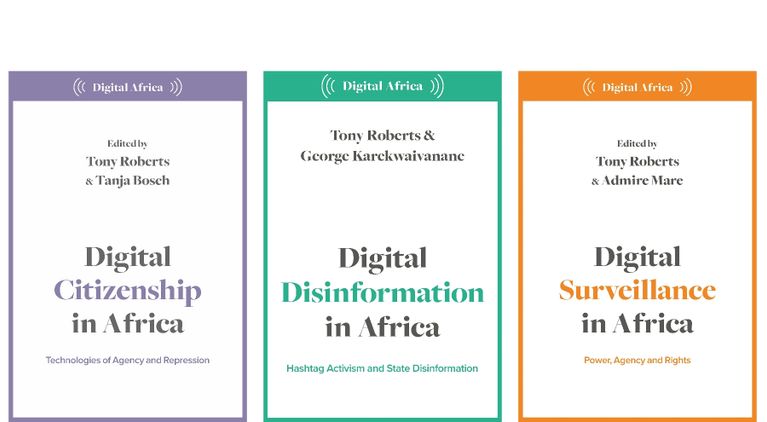
ADRN has published a series of three reports with the Institute of Development Studies on Digital Rights in Africa.
There are two main strands to ADRN's work: digital citizenship and digital authoritarianism.
Our work on digital citizenship documents and analyses the positive and creative use by citizens of digital technologies to expand digital rights, open civic space, and advance social justice. This includes hashtag campaigns online and the use of digital democracy and 'civic technologies' to hold government to account.
Our work on digital authoritarianism documents and analyses the negative and repressive use of digital technologies by governments and corporations to limit digital rights, close civic space and diminish social justice. Examples include digital surveillance, digital disinformation, and internet shutdowns.
You can find out more about our publications and download copies here.
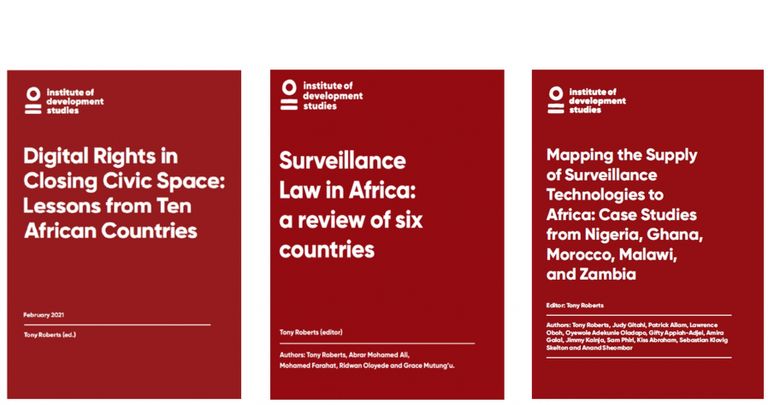
Our first publication documented the main digital openings and closings as illustrated below:
Openings and Closings
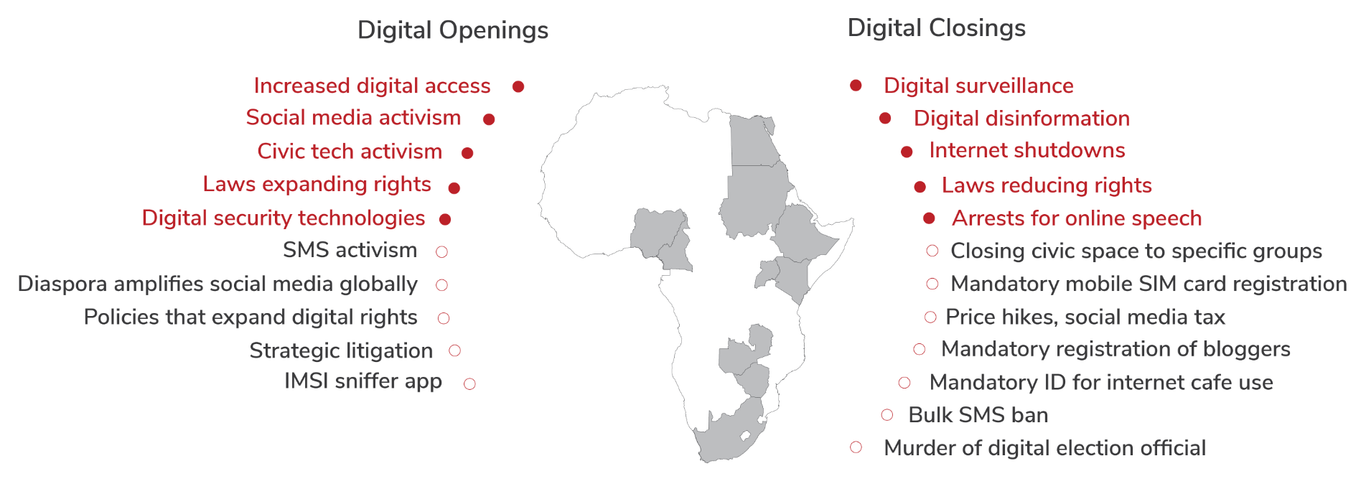
Digital Rights Whack-a-Mole
Reading across the ten Digital Rights Country Reports one pattern that emerges is that every new generation of technology used by activists to enable freedom of expression is met by multipe government tactics to deny citizens their digital rights. This happened with SMS activism, blogging, social media and even with privacy and anonymisation tools. The dynamic resembles one where repressive governments play whack-a-mole with citizens digital rights.
Citizen-led campaigns like #RhodesMustFall in South Africa, #ENDSARS in Nigeria, and #FreeBobiWine in Uganda opened online space and put neglected issues on the national and international agendas. Repressive governments have invested heavily in digital surveillance, disinformation and internet disruption technologies to deter dissent and dampen online democracy. This contestation of digital space is unequal. For every new technology used by citizens to open democratic space online there seem to be three or four new repressive tools or tactics deployed by the state or other powerful groups.
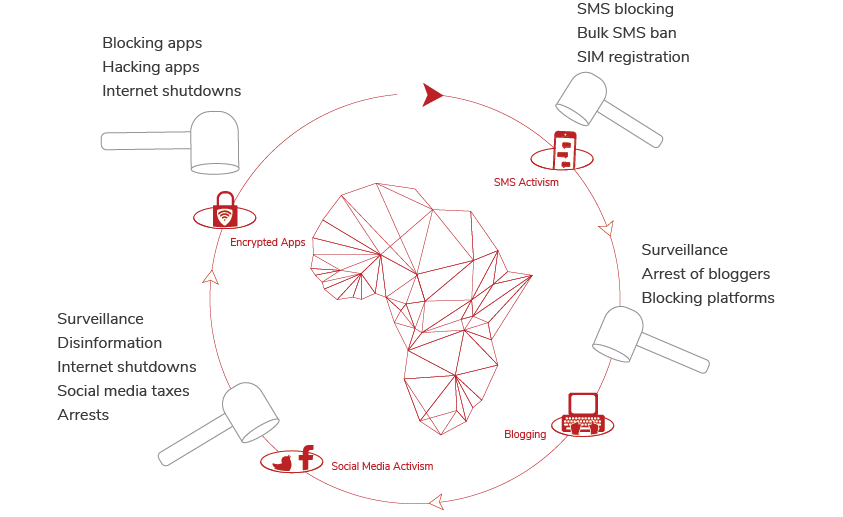
Funders
the African Digital Rights Network gratefully acknowledges financial support from
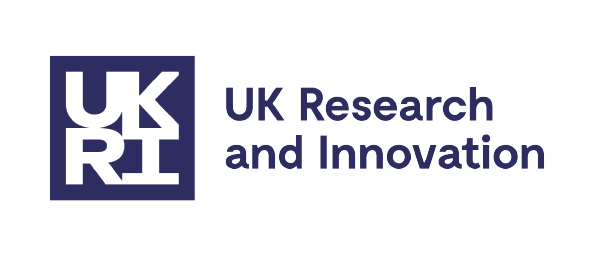
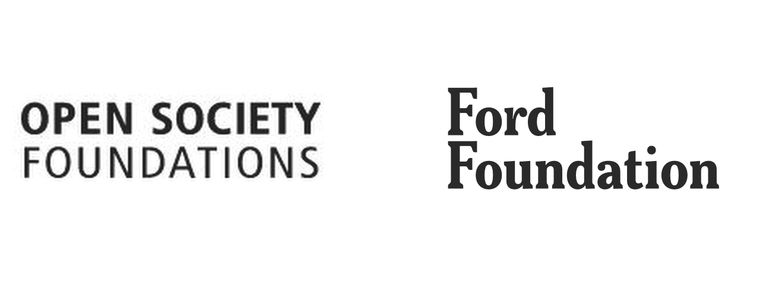

We need your consent to load the translations
We use a third-party service to translate the website content that may collect data about your activity. Please review the details in the privacy policy and accept the service to view the translations.
